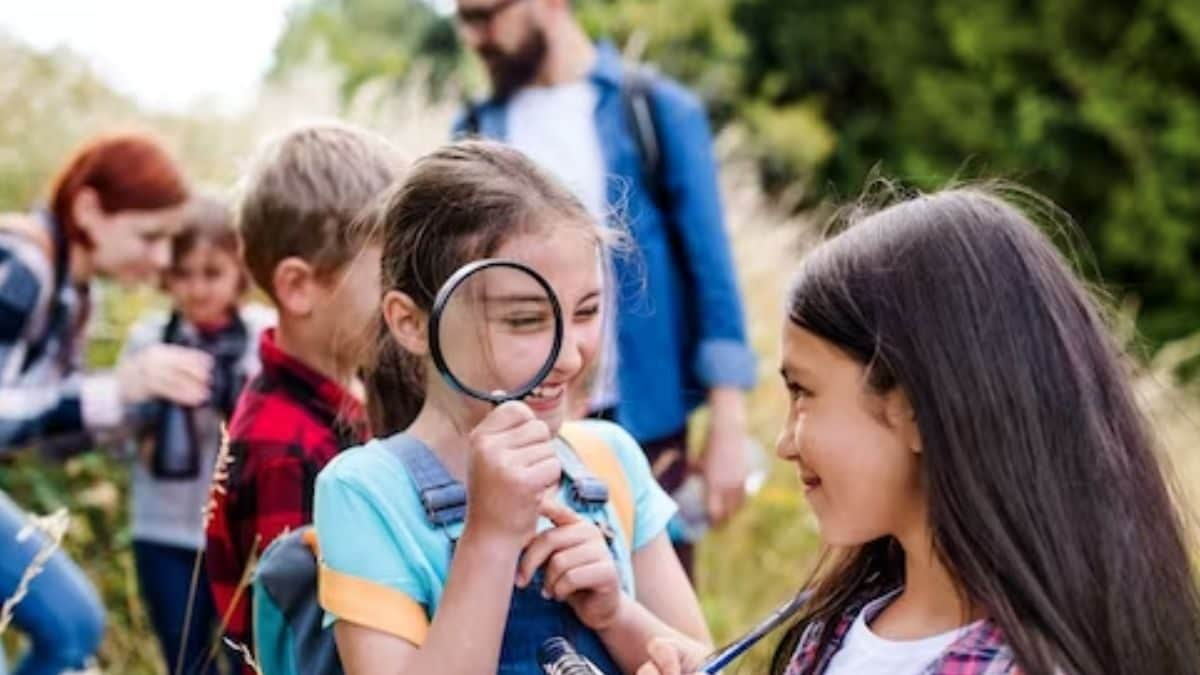Ensure your child remembers a contact number of a responsible family member.
Inquire about the transportation arrangements, the number of students and teachers accompanying them.
Sending children on school trips can be both exciting and worrisome for parents. Ensuring their safety is of utmost importance and by following a few essential safety tips, you can help protect and provide peace of mind during these trips.
Take All the Details: Before allowing your child to go on a school trip, gather all the necessary details. Inquire about the transportation arrangements, the number of students and teachers accompanying them, the planned itinerary, and the security measures implemented by the school. Pay attention to medical facilities, especially in remote or hilly areas, and areas with bodies of water, to ensure prompt assistance in case of emergencies.
Give Strict Instructions to Children:
Educate your child about the importance of following instructions given by trip authorities. Emphasise the importance of not engaging with strangers or accepting anything from them. Encourage your child to stay in groups with teachers and friends at all times. Teach them to seek permission from teachers before going anywhere and to inform a responsible adult if they need to leave the group temporarily.
Health Safety Tips:
Prepare your child for potential medical emergencies by equipping them with basic knowledge. Pack a first aid kit and include common medicines for ailments such as fever and cough. Teach your child how and when to use these medications. This empowers them to take care of themselves in case of minor health issues and helps them understand when it is necessary to seek immediate medical assistance.
Teach Moral Values:
School trips provide children with opportunities to experience the real world independently. Before the trip, instil in them a solid understanding of right and wrong. Teach them how to identify emergencies, whom to approach for help, and what precautions to take. By equipping children with moral values and emergency preparedness, they will be better equipped to handle unexpected situations.
Provide a Contact Number:
Ensure your child remembers a contact number of a responsible family member. If necessary, write it down and place it in their belongings. This ensures they can reach out to their family in case of emergencies.
